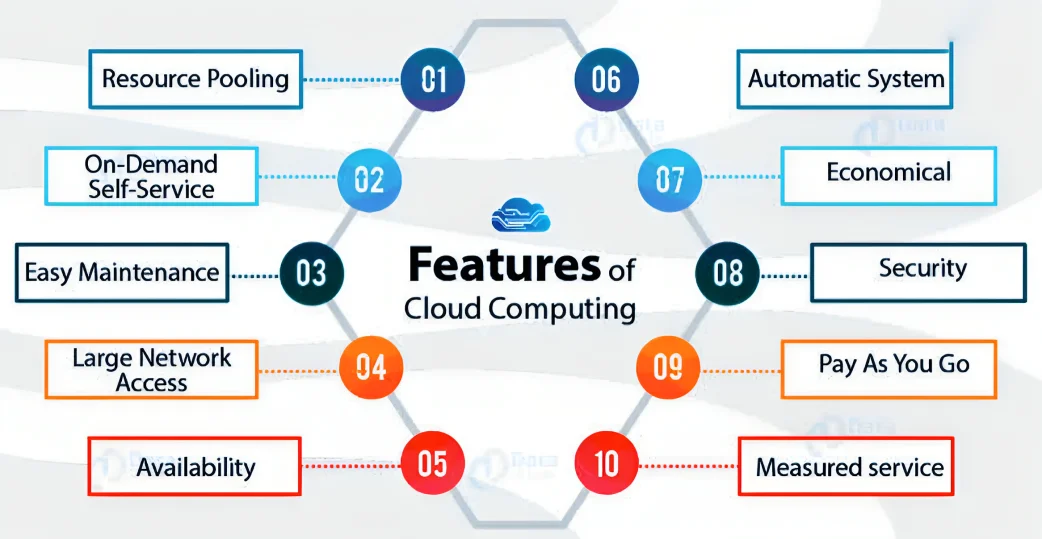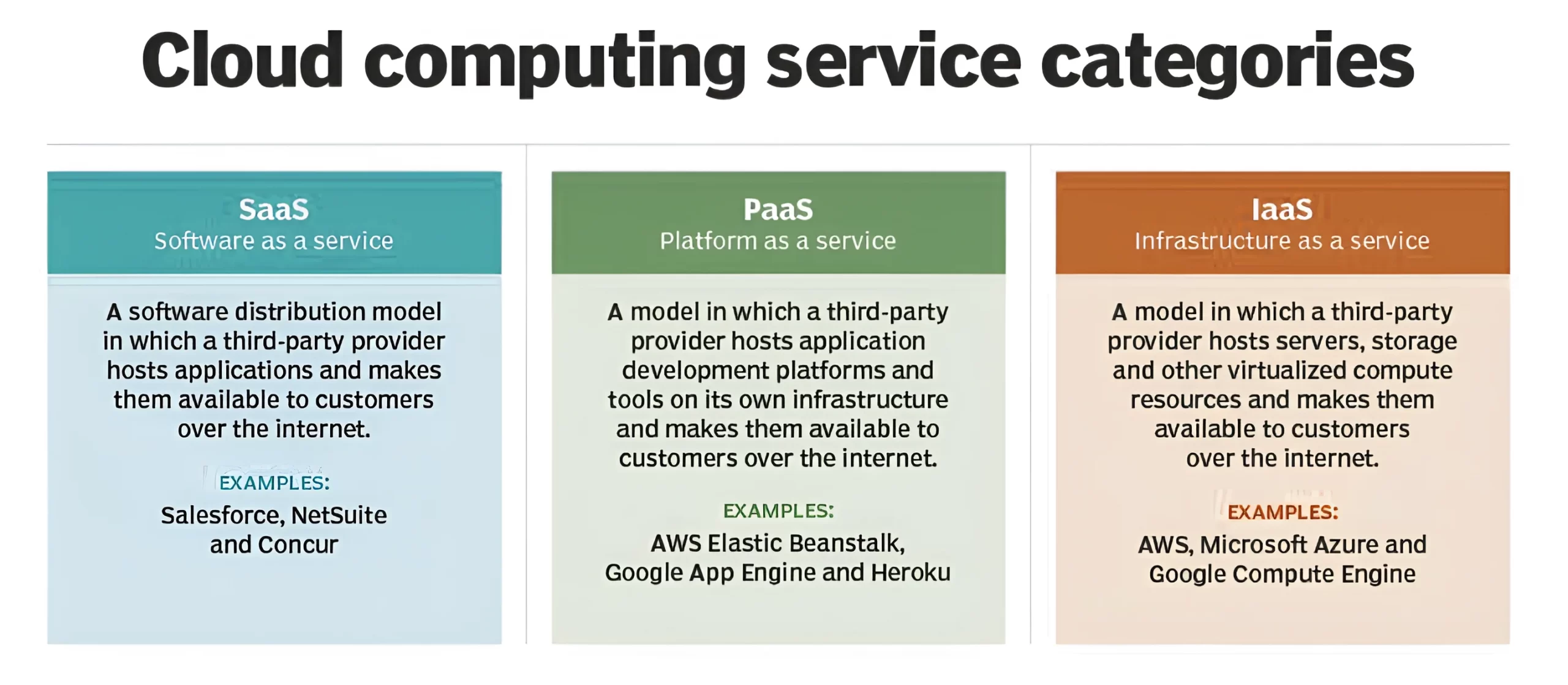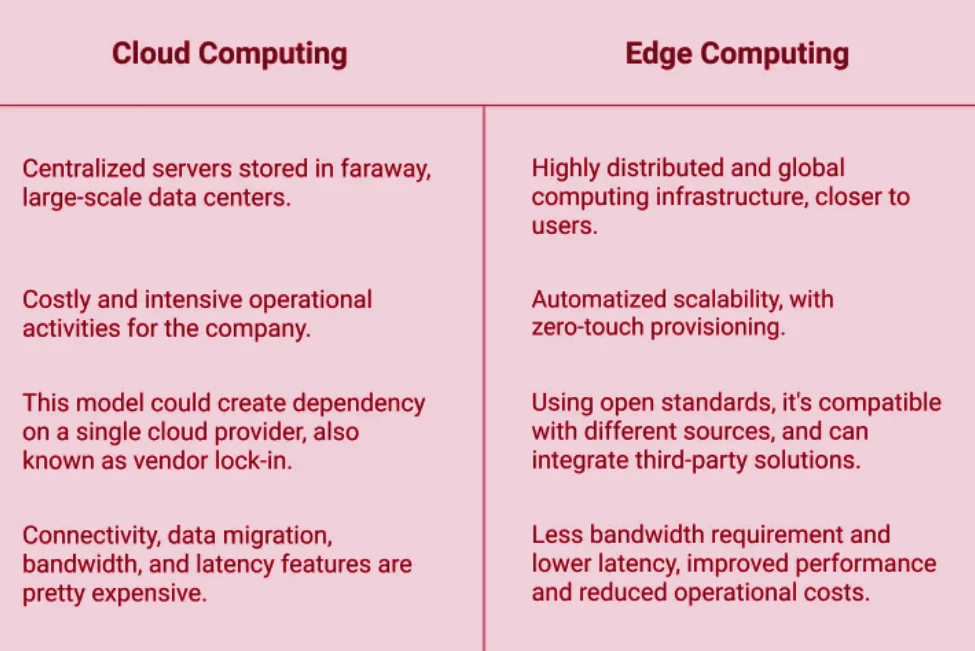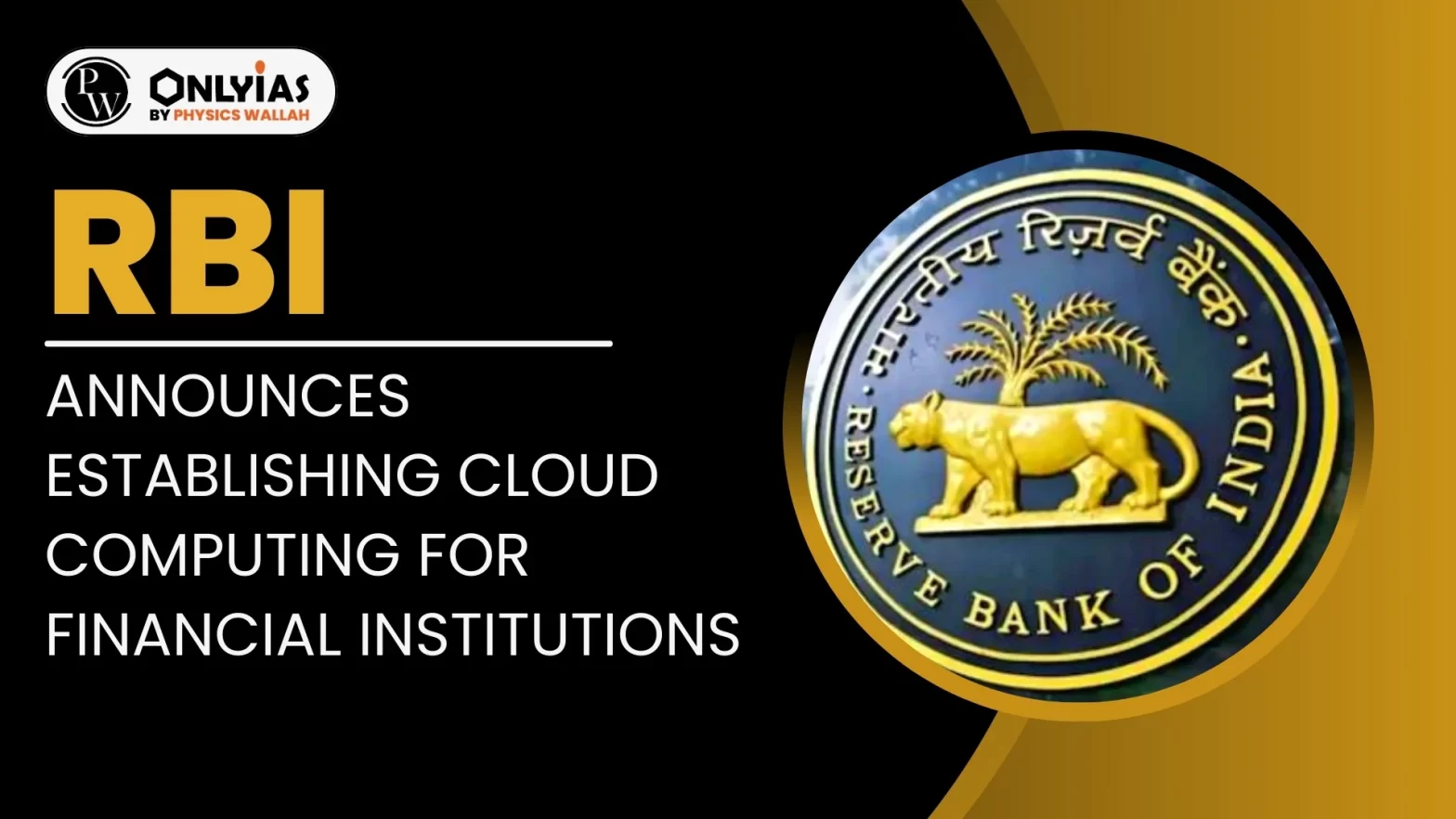Context: Recently, the RBI Governor announced a proposal to establish data storage or Cloud Computing facilities for financial institutions in India.
|
Relevancy for Prelims: RBI, Financial Institutions in India, Indian Financial Technology & Allied Services (IFTAS), and Unified Payments Interface (UPI).
Relevancy for Mains: RBI’s Cloud Computing Facilities for Financial Institutions: Significance, Challenges, and Way Forward.
|
Cloud Computing Facilities for Financial Institutions: RBI
- RBI is working on establishing a cloud facility for the financial sector in India.
- Banks and financial entities are maintaining an ever-increasing volume of data with many of them utilizing various public and private cloud facilities for this purpose.
- According to the RBI, cloud facilities for financial institutions will enhance data security and privacy.
- The proposed facility is expected to enhance the security, integrity, and privacy of financial sector data.
- The cloud facility will be set up and initially operated by Indian Financial Technology & Allied Services (IFTAS), a wholly-owned subsidiary of RBI.
About Cloud Computing
- Cloud Computing: It is defined as the use of hosted services, such as data storage, servers, databases, networking, and software over the internet.
- It is on-demand access to computing resources via the internet, hosted at a remote data center managed by a cloud services provider (or CSP).

- Cloud Computing Deployment Model: Cloud Computing doesn’t work on a one-size-fits-all policy. Depending on one’s requirements, it can be broken down into four categories:
- Public Cloud: Third-party cloud service providers manage and own public clouds. Their servers and storage facilities are used by the general public and delivered online.
- Private Cloud: Companies, universities, etc. can host clouds privately, either at an on-site data center or some other distant location. And the infrastructure accompanying the cloud is owned by the organization hiring the service.
- Hybrid Cloud: Hybrid clouds combine public and private clouds and offer the best attributes of each. Data and applications are shared between them with the help of technology.
- Multi-Cloud: Using the services of a multitude of cloud providers gives rise to a multi-cloud. In this, users can choose the features from each provider and put them together to make a customized cloud.

Must Read: RBI’s Direction To Credit Information Companies
Significance of Cloud Computing
- Cost Management: Using cloud infrastructure can reduce capital costs, as organizations don’t have to spend on buying and maintaining equipment.
- Additionally, companies don’t need large IT teams to handle cloud data center operations because they can rely on the expertise of their cloud providers’ teams.
- Data and Workload Mobility: Users can access information stored on the cloud from anywhere with any device with just an internet connection. End users can easily process, store, retrieve, and recover resources in the cloud. In addition, cloud vendors provide all the upgrades and updates automatically, saving time and effort.
- For example, Zoom is a cloud-based software platform for video and audio conferencing that records meetings and saves them to the cloud, enabling users to access them anywhere and at any time.
- Business Continuity and Disaster Recovery (BCDR): With cloud-based services, organizations can quickly recover their data in the event of emergencies, such as natural disasters or power outages.
- For example, users can save and access data on Google Docs and Microsoft 365 through the internet, ensuring business continuity and data safety.
- On-Demand Scalability: Cloud services provide the ability to scale resources up or down based on demand. This elasticity is particularly advantageous for businesses with fluctuating workloads.
- For example, AWS Lambda enables developers to run back-end services without having to manage servers with the pay-as-you-go model.
- Environmental Impact: Cloud providers often operate highly efficient data centers, leading to energy savings compared to traditional on-premises infrastructure. Further, cloud computing promotes resource sharing, which can contribute to a more sustainable use of computing resources.
Challenges Associated with Cloud Computing
- Cloud Security: When relying on the cloud, organizations risk data breaches, hacking of APIs and interfaces, compromised credentials, and authentication issues.
- For instance, according to the Thales Cloud Security Study 2023, more than 35% of respondents in India have experienced a data breach in their cloud environment.
|
Challenges: RBI and Cloud Computing
- Competition: Cloud storage and computing services is a competitive market, with several companies (large and small, Indian and foreign) providing several cloud server offerings across a wide range of prices.
- Lack of Security Risks: There has been no major incident involving leakage of the data maintained by financial service providers on their cloud servers.
- There is no evidence to suggest that a state-run cloud server business would actually do a better job, with at least two reports of Unified Payments Interface (UPI)-related data leaks have emerged in the last two years.
- Localised Service Providers: After the RBI’s data localisation mandate of 2019, some of the largest foreign cloud service providers provide entirely India-located cloud servers.
- Lack of Credible Authority: Indian law entrusts the RBI with additional functions, such as bank licensing and regulation and government debt management, but a cloud server business is not one of them.
|
- Cost unpredictability: Cloud costs are also frequently interdependent, with one cloud service often utilizing one or more other cloud services, all of which can create additional unplanned cloud costs.
- For instance, using pay-as-you-go subscription models along with scaling resources to accommodate fluctuating workload demands, can make it tough to define and predict final costs.
- Lack of Capability and Expertise: With cloud-supporting technologies rapidly advancing, organizations are struggling to keep up with the growing demand for tools and employees with the proper skill sets and knowledge needed to architect, deploy, and manage workloads and data in a cloud.
- For instance, according to Niti Aayog Advisor, 98% of organizations are using some form of cloud computing, up from 91% in 2020. However, with this increasing demand, there is a rising burden on the existing infrastructure of cloud service providers.
- Privacy Issues: Organizations often navigate through various data protection and privacy laws when storing and processing data in the cloud, due to which businesses may feel a loss of control over their data when it’s stored on third-party servers.
- For instance, according to the Thales 2023 study, more sensitive data is moving to the cloud with 68% of businesses in India saying that more than 40% of data stored in the cloud is sensitive.
- Multi-Cloud Causing Operational Complexity: The adoption of multi-cloud continues to surge globally, with around 79% of organisations having more than one cloud provider. 44% of Indian organizations that responded to the Thales survey, expressed that managing data in the cloud is more complex than in on-premises environments.
Way Forward
- Integration with Edge Computing: There is a growing trend toward integrating edge computing with cloud services to enable processing closer to the source of data generation.
- Edge computing is a distributed computing framework that brings enterprise applications closer to data sources such as local edge servers.
- This is important for applications requiring low latency, such as Internet of Things (IoT) devices.
- Advanced Security Measures: Implementing zero-trust security architectures is gaining prominence to mitigate the evolving threat landscape. This involves continuous verification of user identity and device security.
- The use of advanced encryption techniques and confidential computing can further help ensure the safety of financial institutions.

- Artificial Intelligence (AI) and Machine Learning Integration: Offering more AI and machine learning services would make it easier for organizations to integrate advanced analytics and AI capabilities into their applications.
- Data Governance and Compliance: There is a need to enhance data governance as data privacy regulations become more stringent, to help organizations meet regulatory requirements.
Conclusion
The RBI’s initiative to establish cloud computing facilities for financial institutions in India presents opportunities for enhanced data security, but challenges such as competition, security risks, and operational complexities need to be addressed through advanced security measures, integration with edge computing, and a focus on data governance and compliance.
![]() 23 Dec 2023
23 Dec 2023



